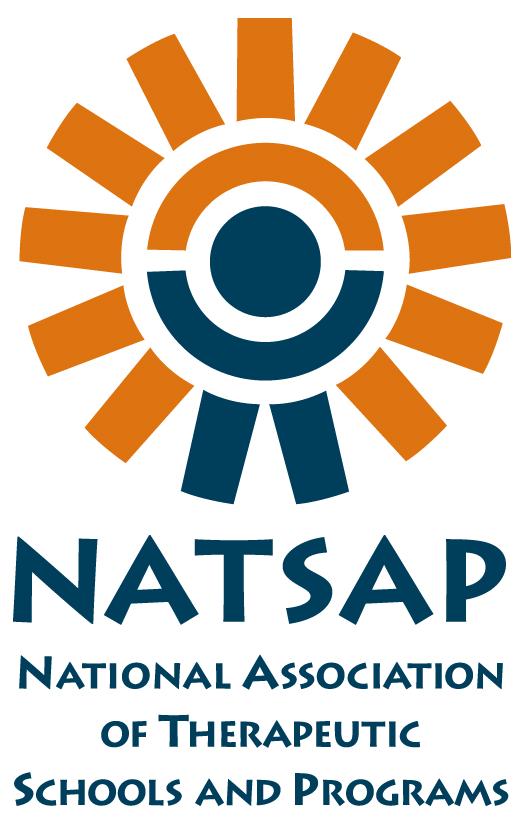There is significant brain development during the teenage years.
Social and Emotional development of a teenager
- Identity information
- Independence
- Intimacy
All three of the above social and emotional development areas in a teenager is affected by adoption.
Teenagers experience rapid growth and change in the section of the brain that governs their ability to:
- Reason
- Control impulses
- Regulates moods
- Empathize with others
- Limit inappropriate behavior
- Set priorities
- Make sound judgments
This brain growth continues into the mid-20s. Another part of the brain that develops during this time is area involved in higher thought, critical thinking, math and philosophy. Teenage brains are less efficient at cause-and-effect thinking.
Teens need guidance from adults and also need to be allowed to make mistakes so they can learn from them.
So what does this have to do with adoption? Early life experiences affect brain development. Things such as prenatal exposure to drugs or alcohol, early childhood neglect or trauma can damage the brain or influence the way it develops.
Teens adopted from neglectful situations need more time interacting with others and less time watching TV on the computer. Parents can foster attachment and set a good example for their teens by participating with them in social and community activities.
Despite the many challenges, raising adopted teenagers can be very rewarding.
Adoptive parents who use clear communication, provide guidance and support help their teenagers prepare for a healthy, happy and productive adulthood.
Adoptive parents who respect their teen’s history and birth family will foster strong and lasting relationships with them.
Reference:
https://www.childwelfare.gov/pubs/factsheets/parent_teenager/parent_teenager.pdf








